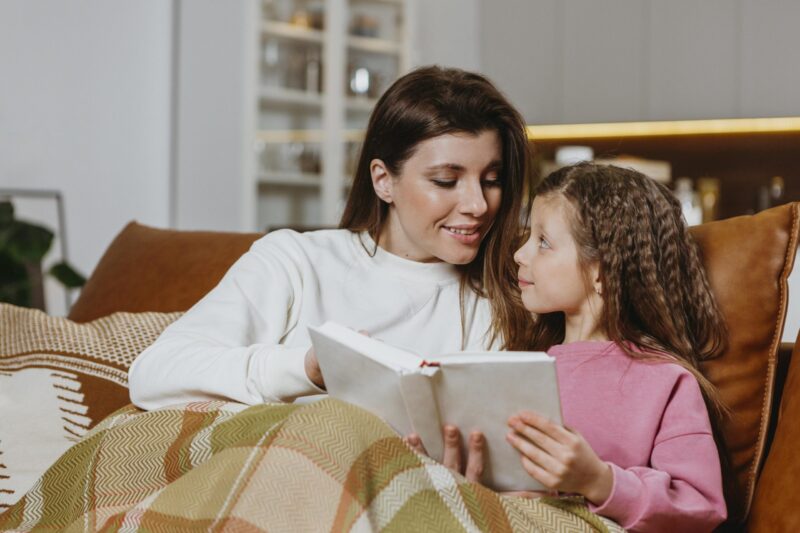
How to Talk to Kids about Race
In this video, HuffPost Life reporter Caroline Bologna shares an age-by-age guide for discussing race with your children. Read more >>
Request an Appointment
English: 650.688.3625
Medi-Cal: 650.688.3650

How to Talk to Kids about Race
In this video, HuffPost Life reporter Caroline Bologna shares an age-by-age guide for discussing race with your children. Read more >>
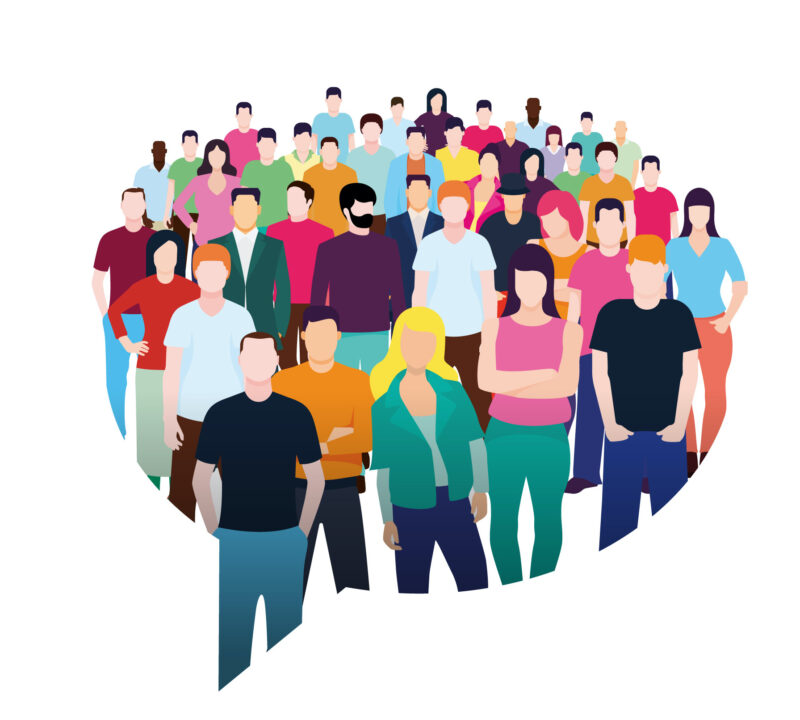
Verbal Jiujitsu, Disarming and Other Tips for Dealing With Microaggressions
Psychologist Derald Wing Sue calls microaggressions the “everyday slights, indignities, insults, putdowns and invalidations” that people from marginalized communities experience on a regular basis. Whether and how we respond to a microaggression is situational, but we don’t have to passively Read more >>
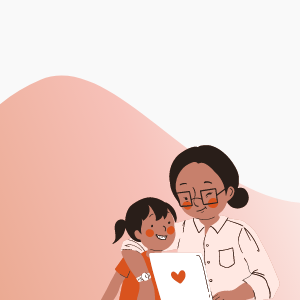
Cultural Humility: Fostering Respect and Understanding
What is cultural humility and why does it matter? As parents, we are our children’s first teachers. It is from us that our kids learn how to be accepting and respectful of those from diverse backgrounds. In this Voices of Read more >>
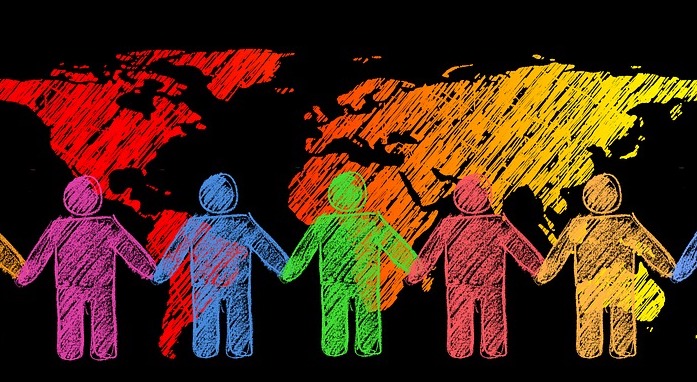
How to Foster Cultural Awareness at Home
Many minority households routinely have open discussions about racial issues and how they impact their daily lives. White families, on the other hand, sometimes are uncomfortable with such discussions even amid news coverage related to systemic racism and the Black Read more >>
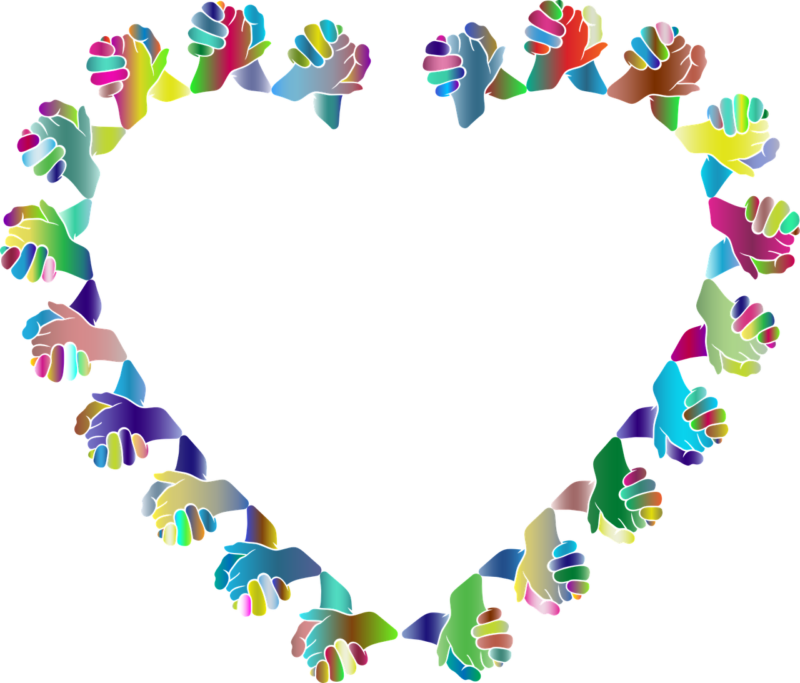
4 Tools to Help Kids Develop Empathy and Cultural Humility [web resource]
Humility is not necessarily about modesty or pretending to be less than you are. In fact, people who are humble often have a high sense of self-worth; it’s just that they can recognize their own strengths and limitations. Research about Read more >>
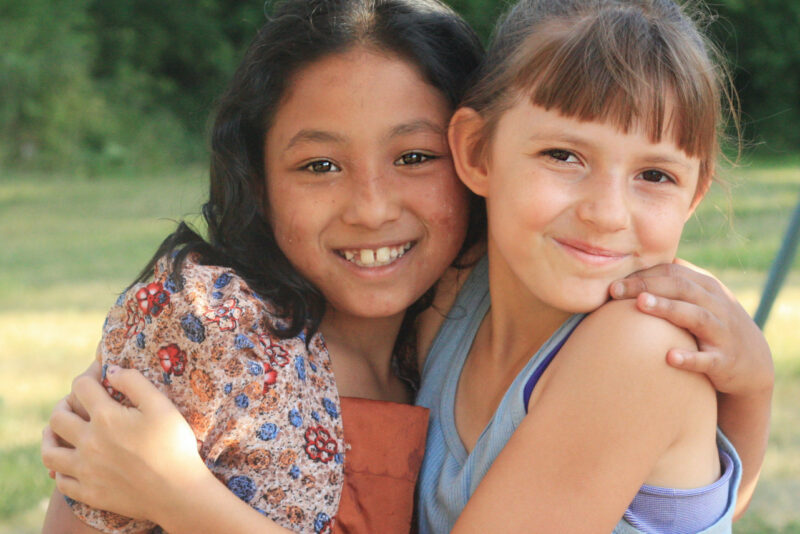
How To Practice Cultural Humility With Your Kids
As American families become increasingly diverse and complex in terms of race, ethnicity, immigrant status, socioeconomic circumstances, and family structures, it is imperative that we practice cultural humility – to move beyond simply being aware of or sensitive to people’s Read more >>
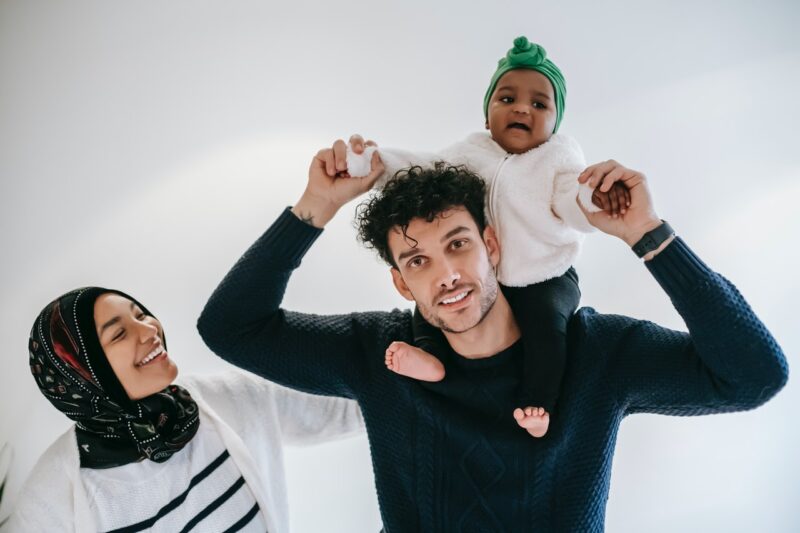
3 Things to Know: Cultural Humility
Most people are familiar with the concept of being humble. To be humble is to demonstrate “humility,” which is commonly defined as “freedom from pride or arrogance.” What, then, might it mean to practice “cultural humility?” Read more >>
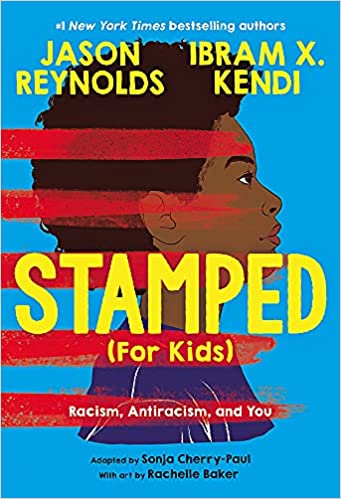
Using ‘Stamped (For Kids)’ to Have Age-Appropriate Discussions About Race
Dr. Ibram X. Kendi wasn’t pulling any punches when he set out to write “The Definitive History of Racist Ideas in America.” “Stamped from the Beginning” has since been remixed as “Stamped: Racism, Antiracism, and You,” a version of the Read more >>
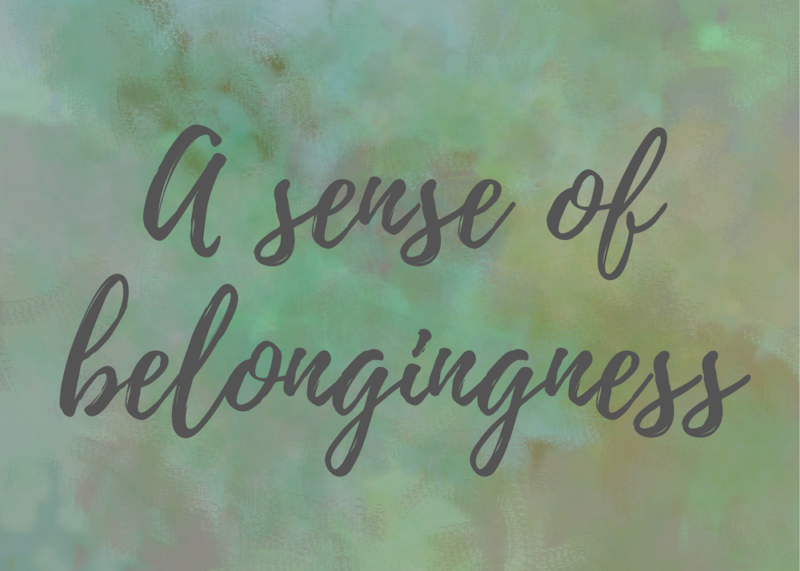
Written by Ramsey Khasho, PsyD My name is Ramsey Habib Khasho. I still wince when I say my middle name. (Sorry, Dad). The name harbors years of discrimination against me and my family, and the ensuing internalized shame. And then Read more >>
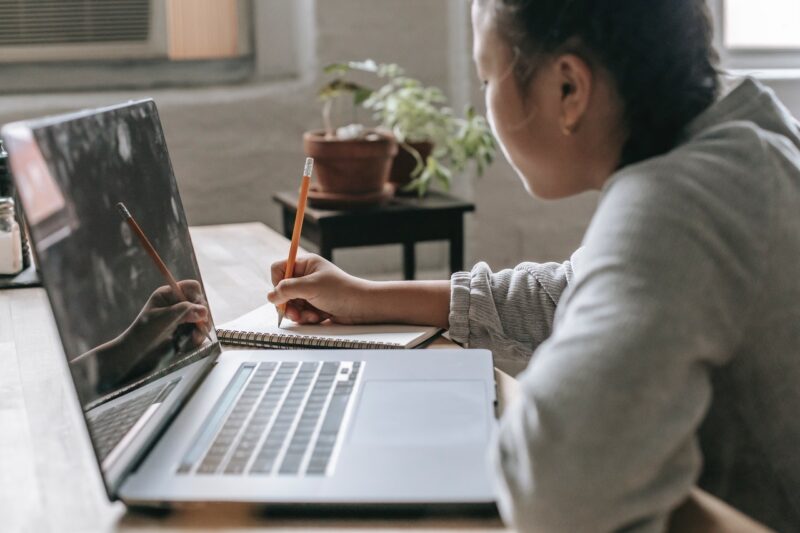
Why So Many Asian American Students Are Learning Remotely
Asian American students are far more likely to be learning remotely than members of any other racial or ethnic group in the United States. As of February 2021, almost 7 in 10 Asian American K-12 students were still learning online Read more >>
English: 650.326.5530 | Español: 650.688.3650 | Fax: 650.688.3669
English: 650.326.5530
Español: 650.688.3650
Fax: 650.688.3669
English: 650.668.3625 | Español: 650.688.3650 | careteam@testing.chconline.org
English: 650.668.3625
Español: 650.688.3650
careteam@testing.chconline.org
© 2024 Children’s Health Council. All rights reserved.
CHC Palo Alto: 650 Clark Way, Palo Alto, CA 94304 | 650.326.5530
CHC South Bay: 2280 Kenwood Avenue, San Jose, CA 95128 | 408.831.7512
CHC Ravenswood: 1765 E Bayshore Rd, East Palo Alto, CA 94303 | 650.702.2487
CHC Palo Alto:
650 Clark Way, Palo Alto, CA 94304
650.326.5530
CHC South Bay:
2280 Kenwood Avenue, San Jose, CA 95128
408.831.7512
CHC Ravenswood:
1765 E Bayshore Rd, East Palo Alto, CA 94303
650.702.2487